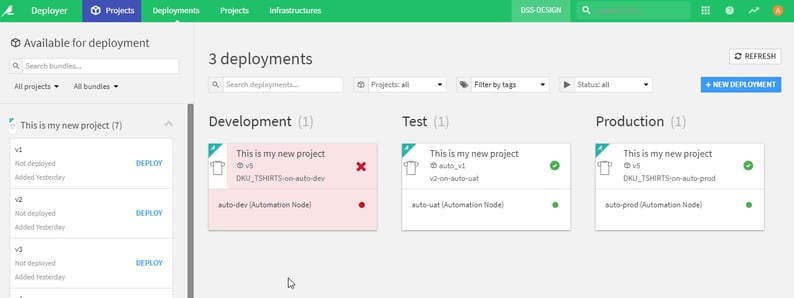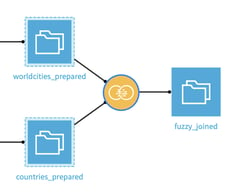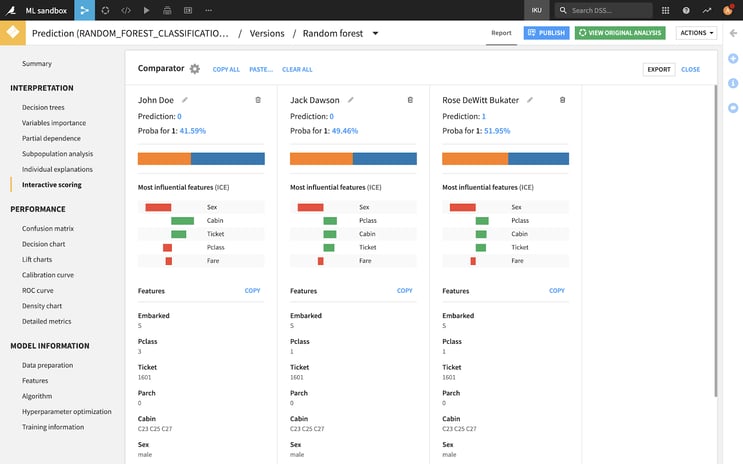As organizations scale their use of data, the development and deployment of AI must include more people from different parts of the organization, including business analysts, novice data scientists, IT operations, business users, and more. Dataiku 9 has exciting new capabilities that allow people across organizations to build more AI projects and leverage AI applications to deliver more value from AI.
Faster, More Transparent Model Development
With Dataiku 9, business analysts and novice data scientists have more tools to create high-quality machine learning models. The release includes:
- Best practice guardrails to prevent common pitfalls.
- Model assertions to capture and test known use cases.
- What-if analysis to interactively test model sensitivity.
- A new model fairness report to augment existing bias detection methods when building responsible AI models.

Best practice guardrails in Dataiku 9 prevent common pitfalls when building machine learning models.
Easier, More Scalable Production Management
Dataiku 9 also introduces a new unified deployer to move projects from design to production environments. Unified deployer makes it easier for business analysts and data scientists to move AI projects from design to production by automating the packaging and deployment to target environments. Programmatic access to the deployment process is also enhanced, allowing for integration with CI/CD systems for project deployment and management.

The unified deployer in Dataiku 9 makes it easier to go from design --> production by automating the packaging and deployment to target environments.
More Capabilities for Business Analysts and Users
 Dataiku 9 delivers new capabilities for business teams for creating AI projects and consuming AI applications. For business analysts engaged in data preparation tasks, the highly requested fuzzy join recipe makes it easy to join close-but-not-equal columns, an updated formula editor requires less time to learn, and updated date functions simplify time date preparation.
Dataiku 9 delivers new capabilities for business teams for creating AI projects and consuming AI applications. For business analysts engaged in data preparation tasks, the highly requested fuzzy join recipe makes it easy to join close-but-not-equal columns, an updated formula editor requires less time to learn, and updated date functions simplify time date preparation.
Adding to the applications capabilities of Dataiku 8, Dataiku 9 introduces support for the popular Dash application framework, enabling organizations to use an application development framework that best meets their needs.
What-if analysis is a feature worth mentioning again, as for domain experts from the business, it is an easy way to test model results and build trust. Also, what-if analysis can help better understand business scenarios based on model predictions.

What-if analysis in Dataiku 9 provides an easy way to test model results, building trust among business users and other AI consumers.
Ultimately, with Dataiku 9, organizations can involve more users across the enterprise to deliver more AI projects, deploy and maintain more production projects, and create more value from AI for the business. Ready to dive into the details on Dataiku 9? Check out the full list of resources on what's new.





